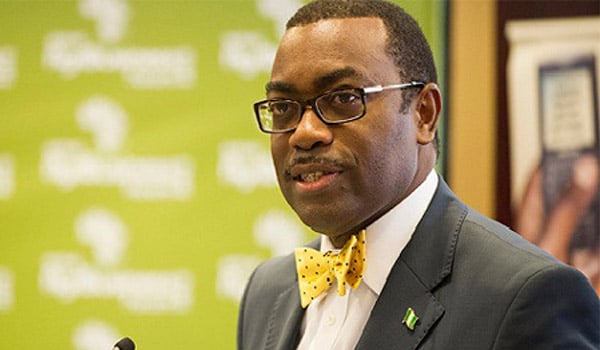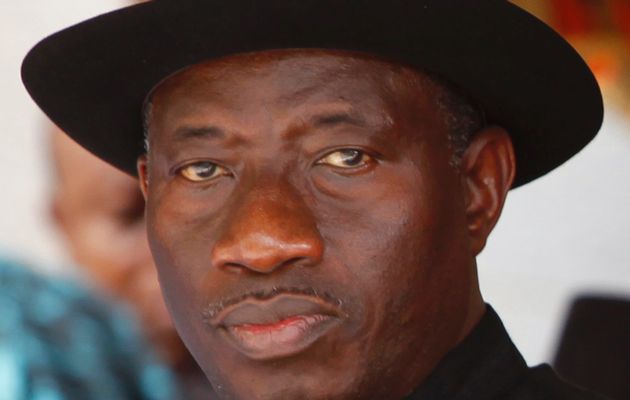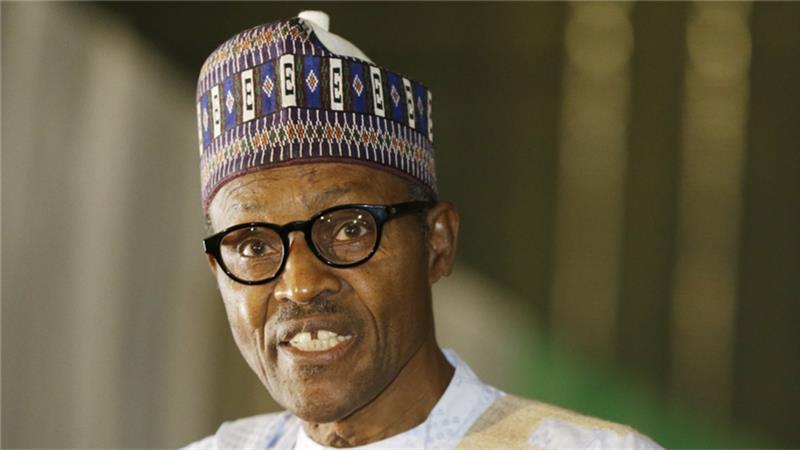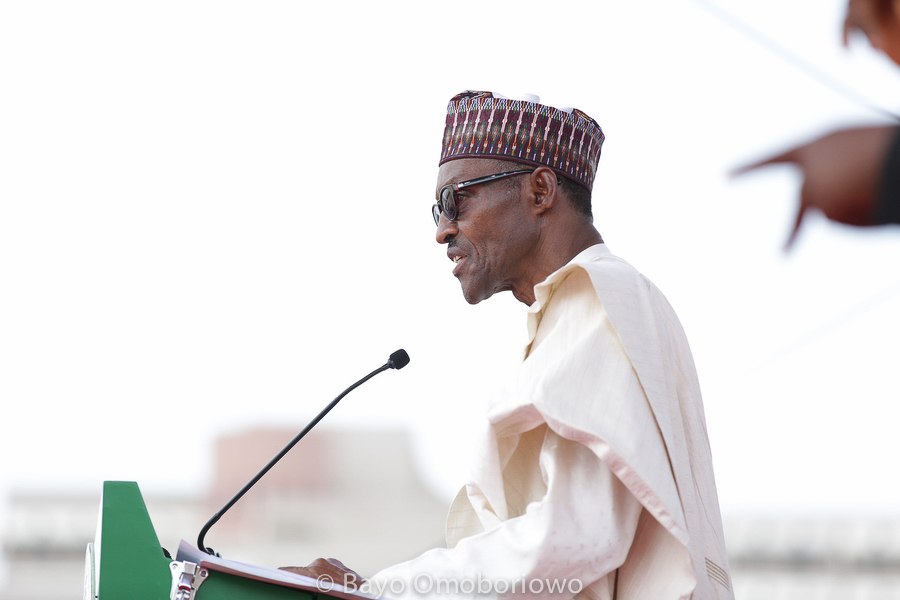Akinwumi Adesina
Akinwumi Adesina, minister of agriculture and rural development until May 29, 2015, will have to beat seven other candidates on Thursday to become president of the African Development Bank (AfDB).
AfDB operates under the leadership of the president, who serves as legal representative of the bank, chairperson of the board of directors, and chief of staff of the bank. He conducts the business of the bank, under the direction of the board of directors. He is elected by the board of governors and serves a five-year term, which is renewable once.
The current president, Donald Kaberuka, a Rwandan national, was elected in July 2005, and commenced his first term on September 1, 2005. Following his re-election in May 2010, he commenced his last five-year term on September 1, 2010.
Accordingly, the board of governors will be electing Kaberuka’s successor at its ongoing annual meeting and 50th anniversary taking place in Abidjan, Côte d’Ivoire.
Advertisement
Like its constitution stipulates, the steering committee of the board of governors of the bank met on February 11, 2015, at the bank’s headquarters in Abidjan and agreed to nominate eight names, including Adesina’s, for the position of the next president of the bank.
Others are Sufian Ahmed (Ethiopia), Jaloul Ayed (Tunisia), Kordjé Bedoumra (Chad), Cristina Duarte (Cape Verde), Samura Kamara (Sierra Leone), Thomas Sakala (Zimbabwe) and Birama Boubacar Sidibe (Mali).
The election will be decided by votes from African and non-African countries with a stake in the bank.
Advertisement
Prior his appointment as minister in 2010, Adesina, 55, was vice president of Policy and Partnerships for the Alliance for a Green Revolution in Africa (AGRA).
He received a bachelor’s degree in Agricultural Economics from the University of Ife (Obafemi Awolowo University) and a PhD in Agricultural Economics from Purdue University.
He worked at the Rockefeller Foundation since winning a fellowship from the foundation as a senior scientist in 1988. From 1999 to 2003, he was the representative of the Foundation for the southern African area. He is at present an associate director for food security.
In July 2007, he was awarded the YARA Prize for the African Green Revolution in Oslo. In 2008, Purdue University’s College of Agriculture gave him its Distinguished Agricultural Alumni Award. In 2010, he was awarded an Honorary Doctor of Humane Letters by Franklin and Marshall College.
Advertisement
Although Nigeria has the largest voting power at the bank at 9.2 percent, its votes alone won’t be enough to enthrone Adesina, as the other candidates are as qualified and experienced for the position. Here are the principalities he must defeat to mount the throne.
SUFIAN AHMED, ETHIOPIA

Ahmed is the Ethiopian minister of finance and economic development, and has been at the helm of Ethiopia’s smart financial policy-making and growth-generating machinery for nearly 20 years. Since 1994, he has pulled out all the stops to achieve double-digit growth rate in his country and helped two prime ministers to mobilize Ethiopian human and material resources for rapid economic development.
He is known to many as a veteran who supervised his country’s finance through thick and thin. He is also credited with bringing a galloping inflation down to its current single digit from a peak of more than 50% in the aftermath of the disputed 2005 election.
Ethiopia is now sub-Saharan Africa’s fifth biggest economy, leap-fogging next-door Kenya, without the aid of natural resources endowment. Unlike other African fast-growing economies, agriculture, the source of livelihood for over 84 percent of the population, industry, and services are the lead-growth sectors. Ethiopia’s economic resurgence owes everything to the creative minds of the country’s economic planners.
Advertisement
It is reasonable to award the success of the first international bond Ethiopia, conducted in December for a total of $ 1 billion (810 million euros), to Ahmed.
The 56-year-old holds a bachelor’s degree in economics and master’s degree in economic development and planning from the Addis Ababa University (AAU). He was minister of finance and vice president of the Oromiya National Regional State from October 2000 to October 2001, and minister of finance between 1995 and 2001.
Advertisement
He was commissioner of the Ethiopian Customs Authority in 1995, and head of the Trade Bureau of the Oromiya National Regional State in 1993.
Advertisement





